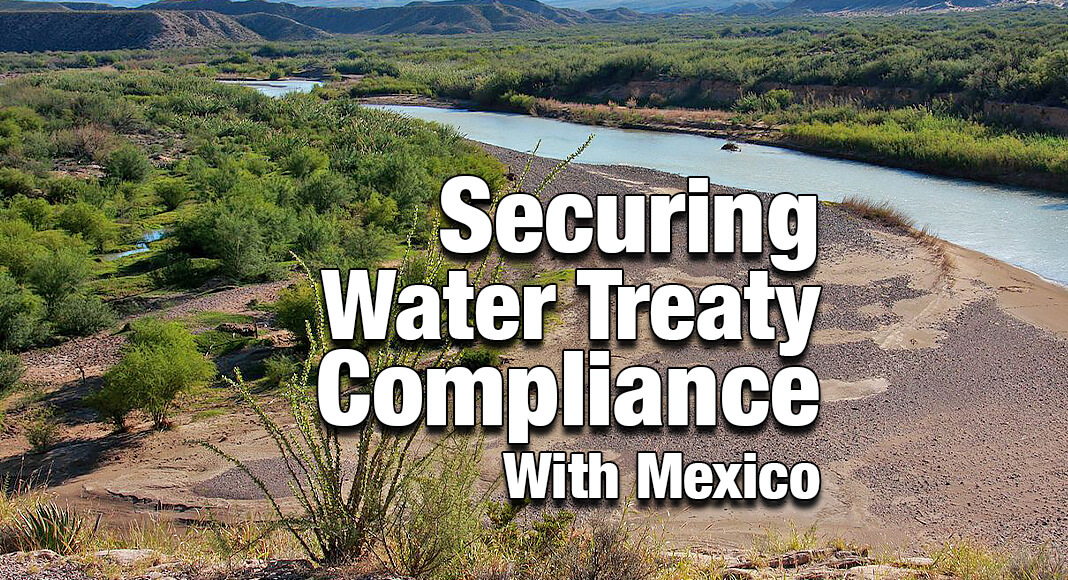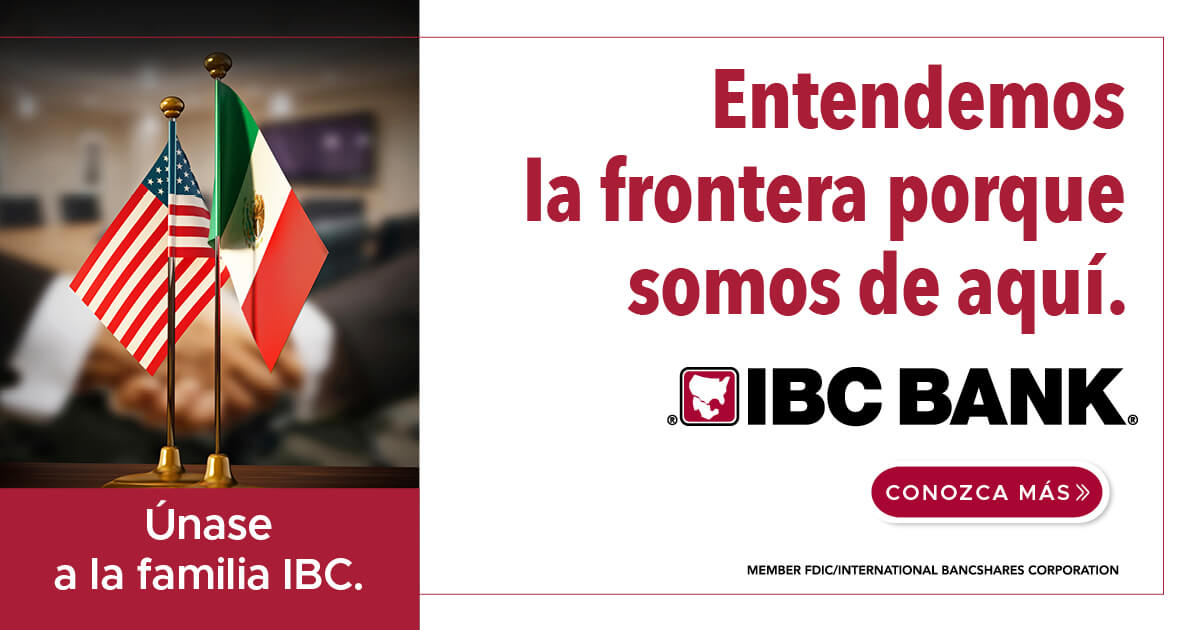
Glysiak, CC BY-SA 3.0 <https://creati
Texas Border Business
Texas Border Business
In a recent legislative push, U.S. Senators Ted Cruz and John Cornyn, both of Texas, have introduced a new bill aimed at enhancing support for U.S. diplomats and officials tasked with securing Mexico’s compliance with the 1944 Treaty on Utilization of Waters of the Colorado, Tijuana, and Rio Grande Rivers. The proposed law seeks to ensure that Mexico’s water deliveries to the U.S. are predictable and reliable, addressing ongoing issues with water allocation that have impacted American farmers.
The bill, spearheaded by Sen. Ted Cruz, a member of the Senate Foreign Relations Committee, and co-sponsor Sen. John Cornyn, focuses on bolstering enforcement resources to ensure Mexico adheres to its treaty obligations. The treaty, which is nearly 80 years old, requires Mexico to make water payments to the U.S. every five years—a commitment that has recently been fraught with delays and inconsistencies.
In response to these challenges, the legislation directs the U.S. Secretary of State to deploy all necessary resources to support the International Boundary and Water Commission. This body is responsible for administering the treaty and the proposed measures aim to make water deliveries from Mexico more dependable.
The urgency of the situation is underscored by the struggles faced by farmers in the Rio Grande Valley, who anticipate another year of significant financial losses due to the erratic water supply. These agricultural setbacks not only affect local economies but also raise concerns about the sustainability of farming practices in the region, particularly as Texas braces for potentially severe drought conditions this summer.
Brian Jones, a representative of the Texas Farm Bureau, highlighted the dire circumstances for farms and businesses in the area. With water supplies dwindling, operational reductions have become commonplace, affecting both employment and crop production.
The bill has garnered bipartisan support in the Senate, as evidenced by a majority vote favoring a water rights amendment introduced by Cruz in November. However, it failed to overcome a filibuster, signaling the complexities of securing legislative consensus on this issue.
Meanwhile, the U.S. State Department actively engages with its Mexican counterparts to negotiate a new agreement, the Rio Grande Minute. This proposed agreement aims to mitigate recurring crises at the end of the treaty’s five-year cycle by incentivizing earlier water deliveries.
Where does Mexico get water to pay the United States its portion?
Mexico fulfills its obligations to deliver water to the United States under the 1944 Treaty primarily by utilizing water from the Rio Grande. This international agreement involves the Colorado, Tijuana, and Rio Grande rivers, but most water deliveries to the U.S. are derived from the latter.
Here’s a breakdown of how this works:
1 – Rio Grande: The treaty stipulates that Mexico must deliver a specified volume of water to the United States from six tributaries that feed into the Rio Grande. These tributaries originate in the Mexican states of Chihuahua, Coahuila, and Nuevo León. The water collected from these areas flows northward into the Rio Grande, which then crosses into the United States.
2 – Colorado River: Under the treaty, the United States also agreed to deliver a certain amount of water from the Colorado River to Mexico. The Colorado River flows into Mexico at the border near Yuma, Arizona, providing water primarily for agricultural use in the Mexican states of Baja California and Sonora.
The delivery mechanisms and water rights are managed by the International Boundary and Water Commission (IBWC), which is a binational body responsible for administering the treaty. The IBWC ensures that both countries meet their water delivery obligations and helps to resolve any disputes or issues that arise related to water management under the treaty.















